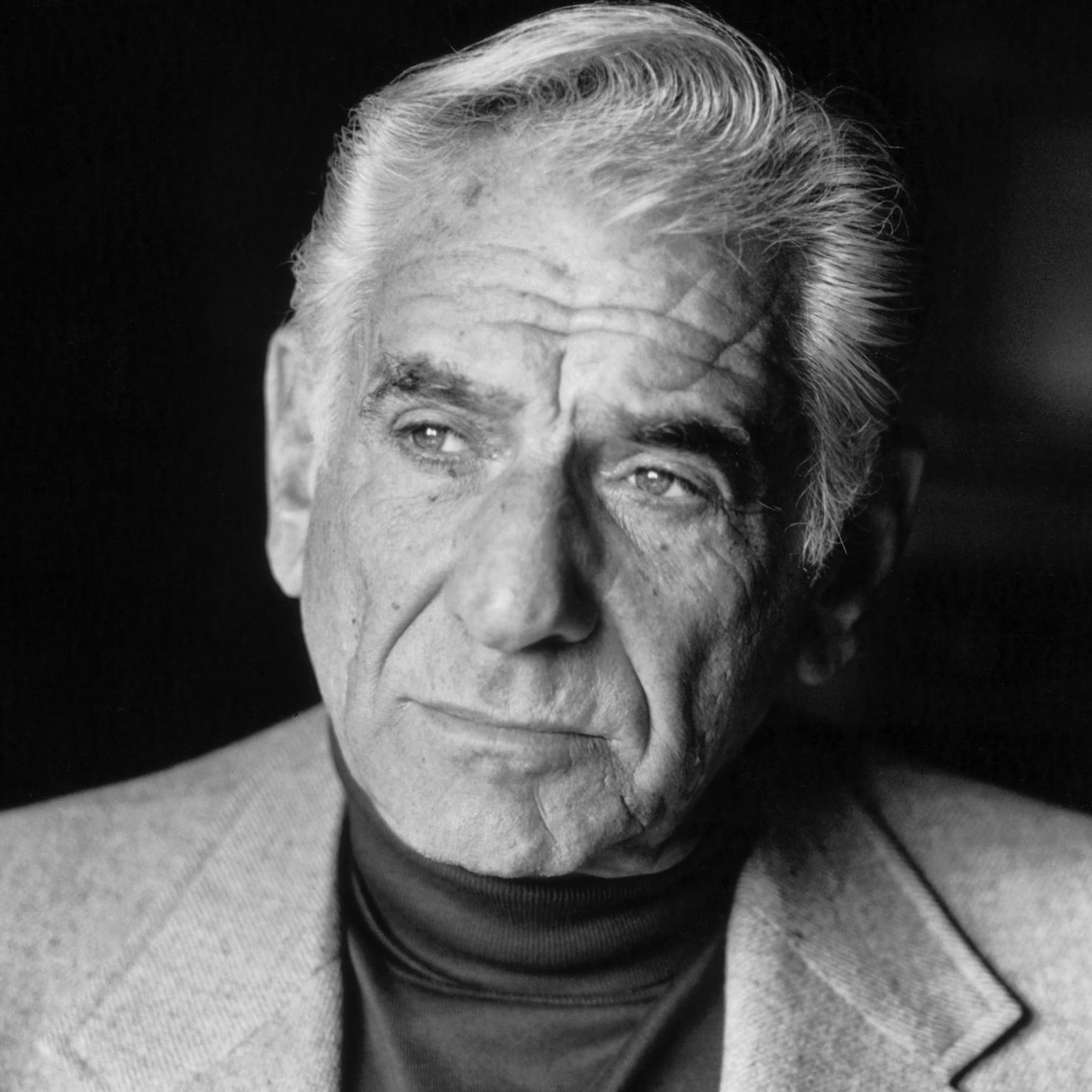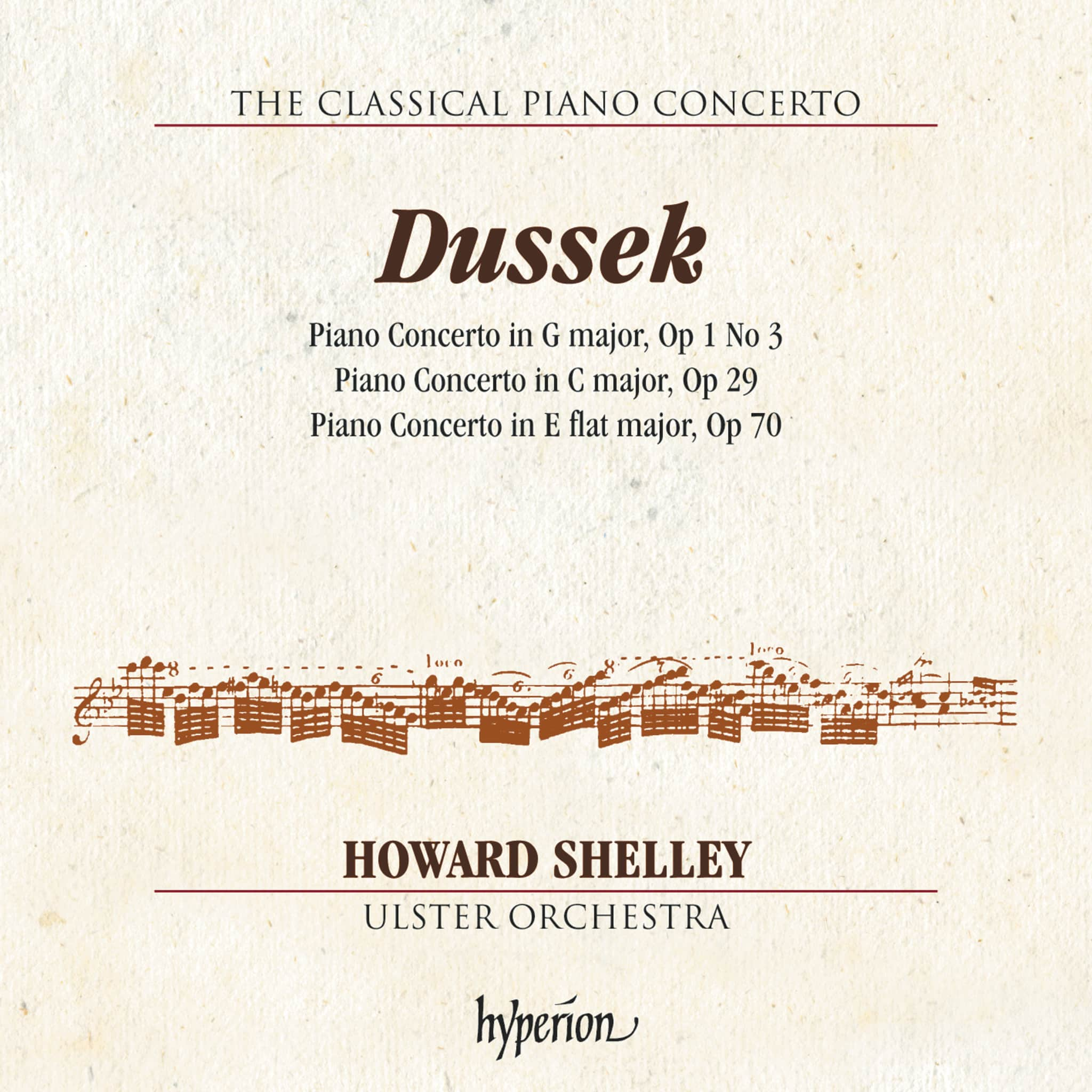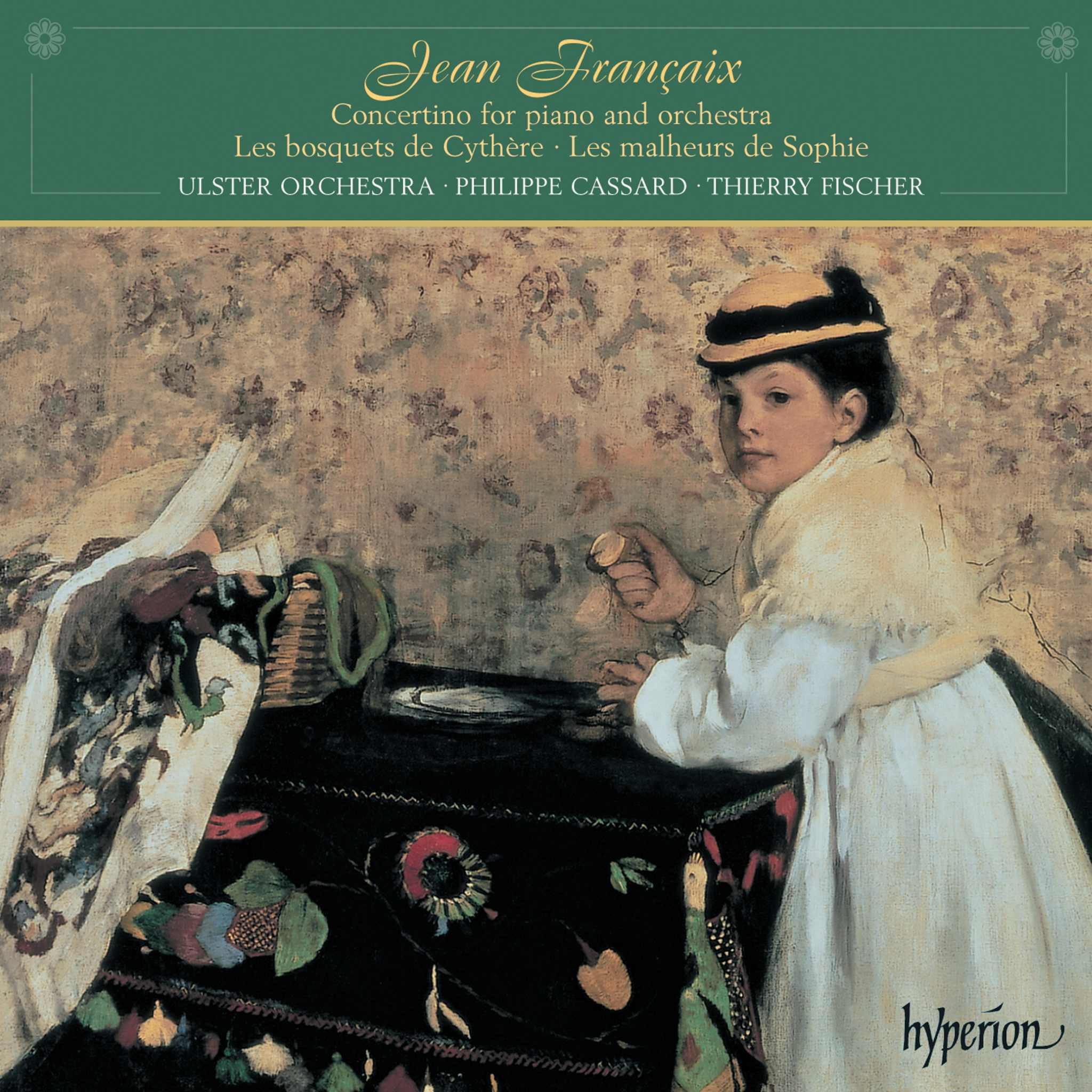W. H. Auden 1943 gelang Leonard Bernstein der Durchbruch, als er überraschend für den erkrankten Bruno Walter einsprang und in der Carnegie Hall mit den New Yorker Philharmonikern debütierte. Diese Aufführung wurde im Radio landesweit übertragen und begründete seine steile Karriere als Dirigent und Komponist. Im selben Jahr wurde er zum zweiten Dirigenten des Orchesters unter Artur Rodziński ernannt. Parallel dazu widmete sich Bernstein dem Gedicht 'The Age of Anxiety: a Baroque Eclogue' von W. H. Auden, das ihn stark beschäftigte. Während des israelisch-arabischen Konflikts 1948 leitete er das Israel Philharmonic Orchestra; die Uraufführung seines Werks fand 1949 in Tel Aviv statt und war Serge Koussevitzky gewidmet. Bernstein betrachtete sich in seinem sinfonischen Schaffen häufig als autobiografischen Hauptdarsteller.
Im Mittelpunkt der Handlung stehen vier Personen – Quant, Malin, Rosetta und Emble –, die in einer Bar an der Third Avenue zusammensitzen. Nach einem ruhigen Klarinetten-Duett führt eine absteigende Flötenpassage als symbolische Brücke in das Reich des Unbewussten. Es folgt eine Diskussion über die sieben Zeitalter, denen sieben Variationen ohne ein gemeinsames Thema gegenüberstehen. Die sieben Stadien beschreiben eine traumartige Reise, die die innere Entwicklung der Charaktere widerspiegelt.
Der Klaggesang bringt die Emotionen der Figuren zum Ausdruck, wobei das Klavier den gesamten Prozess musikalisch begleitet. Im Maskenspiel zeigt sich die Gruppe in einer schuldbeladenen Stimmung. Der Epilog schließt mit einer feierlichen Sequenz ab und verdeutlicht die innere Läuterung der Beteiligten. 1976 stellte der vielseitige US-Komponist Bolcom sein Klavierkonzert vor, in dem er verschiedenste Stile miteinander verbindet. Der erste Satz beginnt mit schlichten Motiven in C-Dur und pendelt zwischen dissonanten Elementen und popmusikalischen Anklängen. Der zweite Satz leitet direkt ins Finale über, in dem eine ironisch-wilde Collage patriotischer Zitate erklingt.
Bolcoms Klavierkonzert zeichnet sich durch eine originelle Mischung aus Ernst und Ironie aus. Die deutlichen Kontraste zwischen den Sätzen verleihen dem Werk einen besonderen Charakter.















